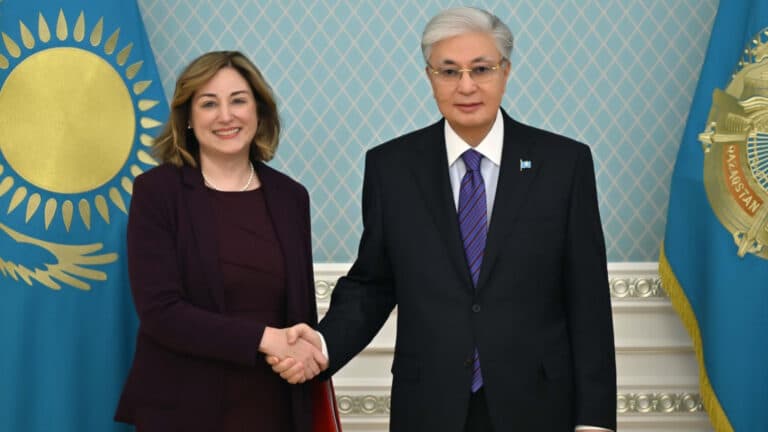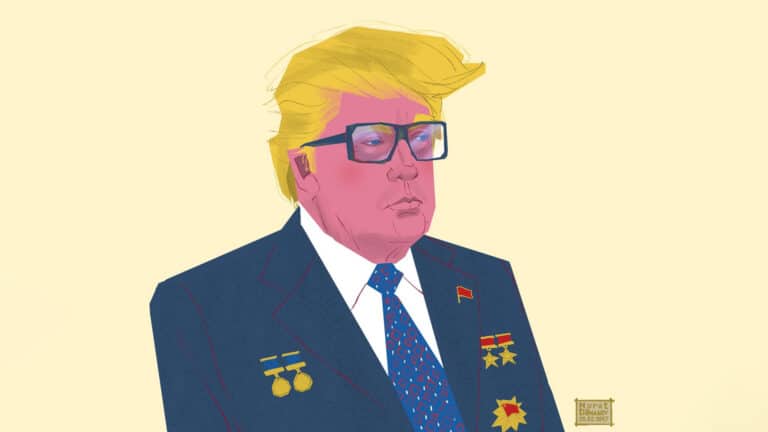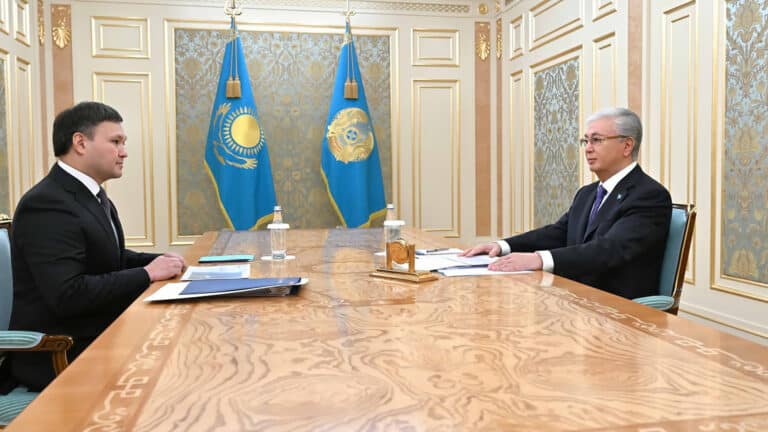
Timur Turlov, the founder and CEO of Freedom Holding Corp., believes that Kazakhstan’s economy can grow by 6% to 8% per year if its level of monetization increases. The businessman suggests diverting money from commercial banks to the real economy.
According to Turlov, Kazakhstan needs investments in various economic sectors such as the energy industry, data centers, logistics, different types of communications, manufacturing and digitalization of everything.
«The National Bank has sterilized a few trillion tenge by taking money from banks under ±15.75% per annum. And everything is fine. Over the past year, banks and deposit holders transformed a conditional one million tenge into 1.16 million, while money for these interest payments was simply printed by the regulator with the aim of ‘countering inflation,’» Turlov noted.
There are plenty of young and clever people in Kazakhstan and the country itself possesses all necessary resources and potential for their further development, according to the businessman. Also, internal savings can be used to boost the country’s economy. So far, the United Accumulative Pension Fund has invested a third of its assets into the U.S. Treasury bonds (about $10 billion), while liquid foreign currency assets of the National Fund and the government amounted to more than $60 billion combined. Turlov believes that the current policy of the National Bank isn’t forward-looking:
«Let’s persuade deposit holders not to spend their money this year by offering them high-interest rates. Let’s forget about the problem for a while. But this is not real wealth. If banks gain revenue by doing nothing (okay, by collecting deposits and giving this money to the National Bank) this can lead to devaluation of our money,» he said.
The head of Freedom Holding suggests that the National Bank embrace risk-appetite policy by lending money to the economy, not just forcing the Ministry of Finance to pay more interest payments for the public debt.
In September 2023, Turlov also wrote about the necessity to boost lending to the country’s economy. At the time, he said that state securities and notes of the National Bank must provide 1% to 2% less yield to stimulate lending facilities for business. Otherwise, banks would be more interested in using the money surplus to invest in the regulator’s instruments.













